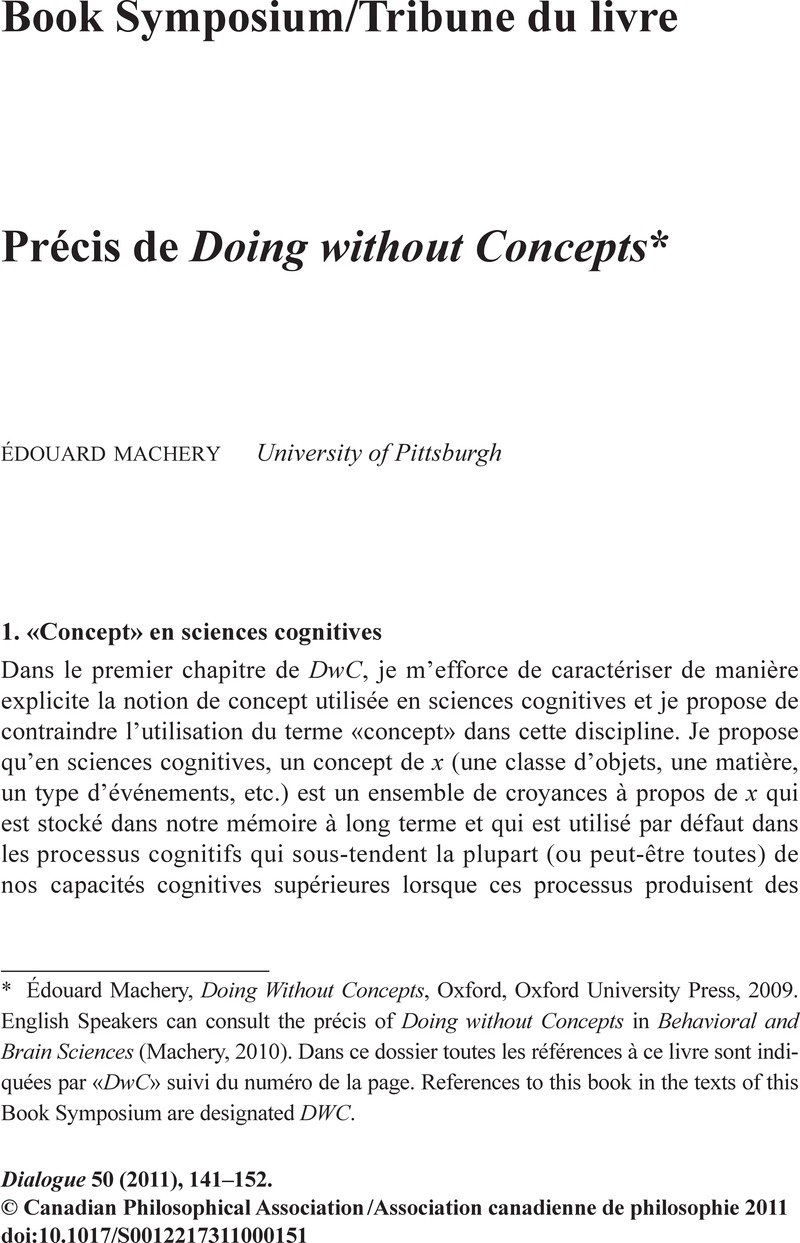Nosofsky, R. M. 1992 «Exemplar-based Approach to Relating Categorization, Identification, and Recognition», dans
Ashby, F.G., dir.,
Multidimensional Models of Perception and Cognition,
Hillsdale (NJ),
Lawrence Erlbaum Associates, p.
363-
393.
Google Scholar 